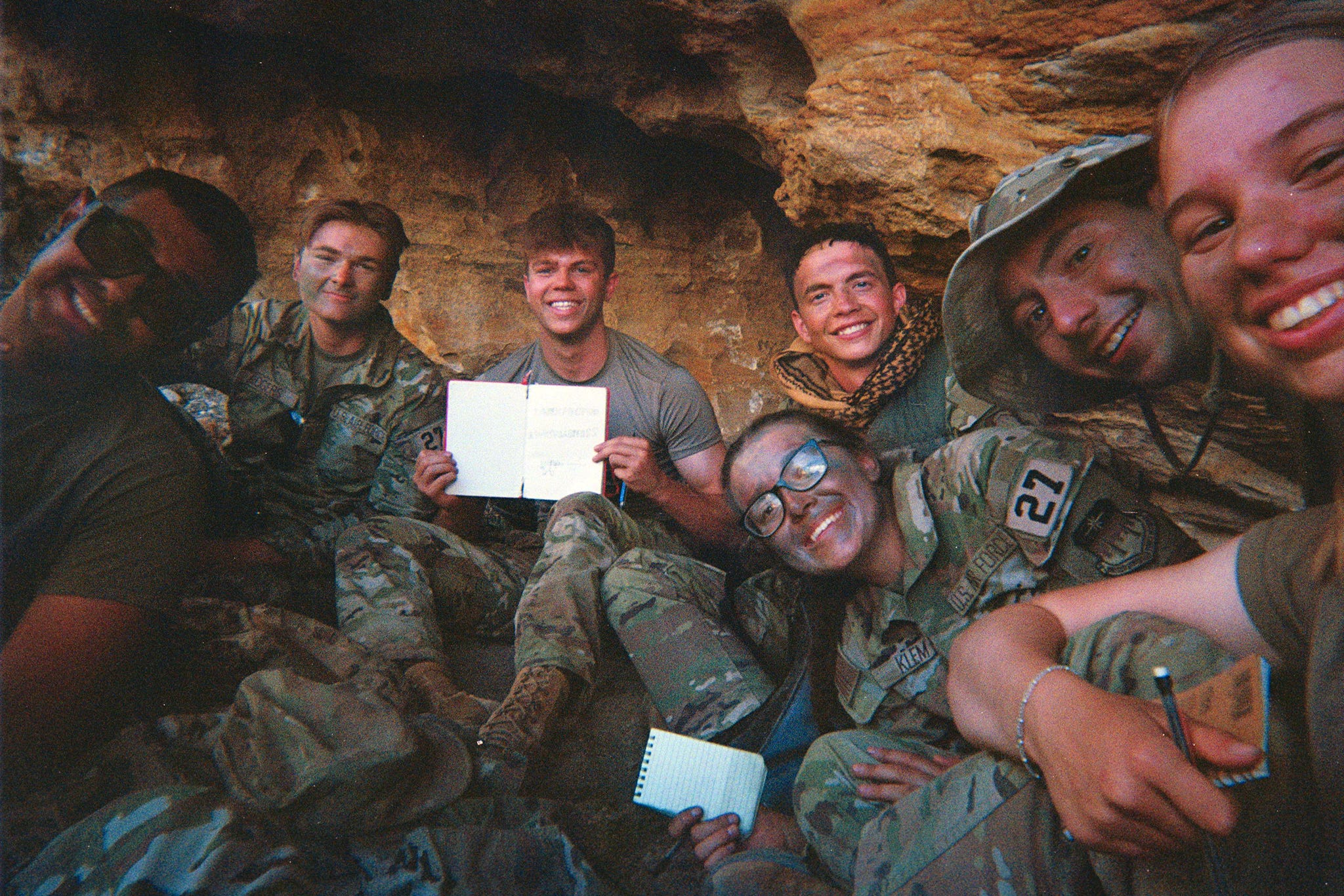Course Descriptions
Course Descriptions
Leadership Laboratory
Leadership Laboratory (LLAB) is a dynamic and integrated grouping of leadership developmental activities designed to meet the needs and expectations of prospective Air Force second lieutenants and complement the AFROTC academic program. It is a student planned, organized, and executed practicum conducted under the supervision of the Detachment Commander and Operations Flight Commander. LLAB cadets are classified into one of four groups with respect to field training attendance and/or commissioning.
Cadet Levels and Courses
Freshman (AS100)
This is a survey course designed to introduce students to the United States Air Force and provides an overview of the basic characteristics, missions, and organization of the Air Force.
The focus of IMT objectives/activities are to promote the Air Force way of life and help effectively recruit and retain qualified cadets. This time is spent acquainting the cadets with basic Air Force knowledge and skills to help them determine whether they wish to continue with the AFROTC program.
Sophomore (AS200)
This course is designed to provide a fundamental understanding of both leadership and team building. Students will learn such things including listening, self-awareness, being a good follower, and problem solving efficiently. Students will apply these leadership perspectives for their remaining time in AFROTC and during their future careers as US Air Force officers.
Cadets are scheduled to attend Field Training in the upcoming year. The FTP objectives provide training to ensure every cadet is mentally and physically prepared for the rigorous field training environment.
Junior (AS300)
Cadets will learn advanced skills and knowledge in management and leadership. Special emphasis is placed on enhancing leadership skills. Cadets have an opportunity to try out these leadership and management techniques in a supervised environment as juniors and seniors.
Cadets returning from Field Training. ICL objectives/activities give cadets the opportunity to further develop the leadership and followership skills learned at field training. Every cadet position should provide the ICL the opportunity to sharpen their planning, organizational, and communication skills, as well as their ability to effectively use resources to accomplish a mission in a constructive learning environment.
Senior (AS400)
This class is designed for college seniors and gives them the foundation to understand their role as military officers in American society. It is an overview of the complex social and political issues facing the military profession and requires a measure of sophistication commensurate with the senior college level.
Extended Cadet Leaders (ECL)
Cadets whose ROTC academic requirements are complete but still have one or more terms of college left to complete. These cadets may hold special duty or regular positions within the cadet corps upon discretion of the Detachment Commander or Commandant of Cadets.
Physical Training
Physical fitness is a crucial part of daily life for all military personnel, including ROTC cadets. Each week, cadets are required to attend two physical training sessions on Tuesday and Thursday from 0545-0700. These sessions are designed by our physical training leaders to be both challenging and enjoyable, aiming to help cadets improve their personal fitness and pass the physical fitness assessment necessary to remain in the program.
Training may include activities such as running, calisthenics, functional fitness and various sports and exercises like basketball, soccer, and ultimate frisbee.
Cadets must complete a physical fitness assessment each semester, which evaluates four key areas:
- Aerobic fitness (1.5-mile run)
- Body composition (abdominal circumference)
- Push-ups (1 minute)
- Sit-ups (1 minute)
A composite score is calculated from the points awarded in each of these areas, and cadets must achieve a minimum score of 75 to pass.
Additionally, cadets must meet Body Mass Index (BMI) standards to achieve key milestones in AFROTC.
Want to calculate your fitness score? Check out the official Air Force score sheets here
Officer Development Training
Air Force Academy Freefall (AFAFF)
Air Force Academy Freefall is a twelve-day parachute training program conducted at the US Air Force Academy in Colorado Springs, Colorado. The course comprises strenuous physical training, conditioning, ground school, and five freefall jumps from 4,500 feet. Cadets completing all five jumps are awarded a basic parachutist rating.
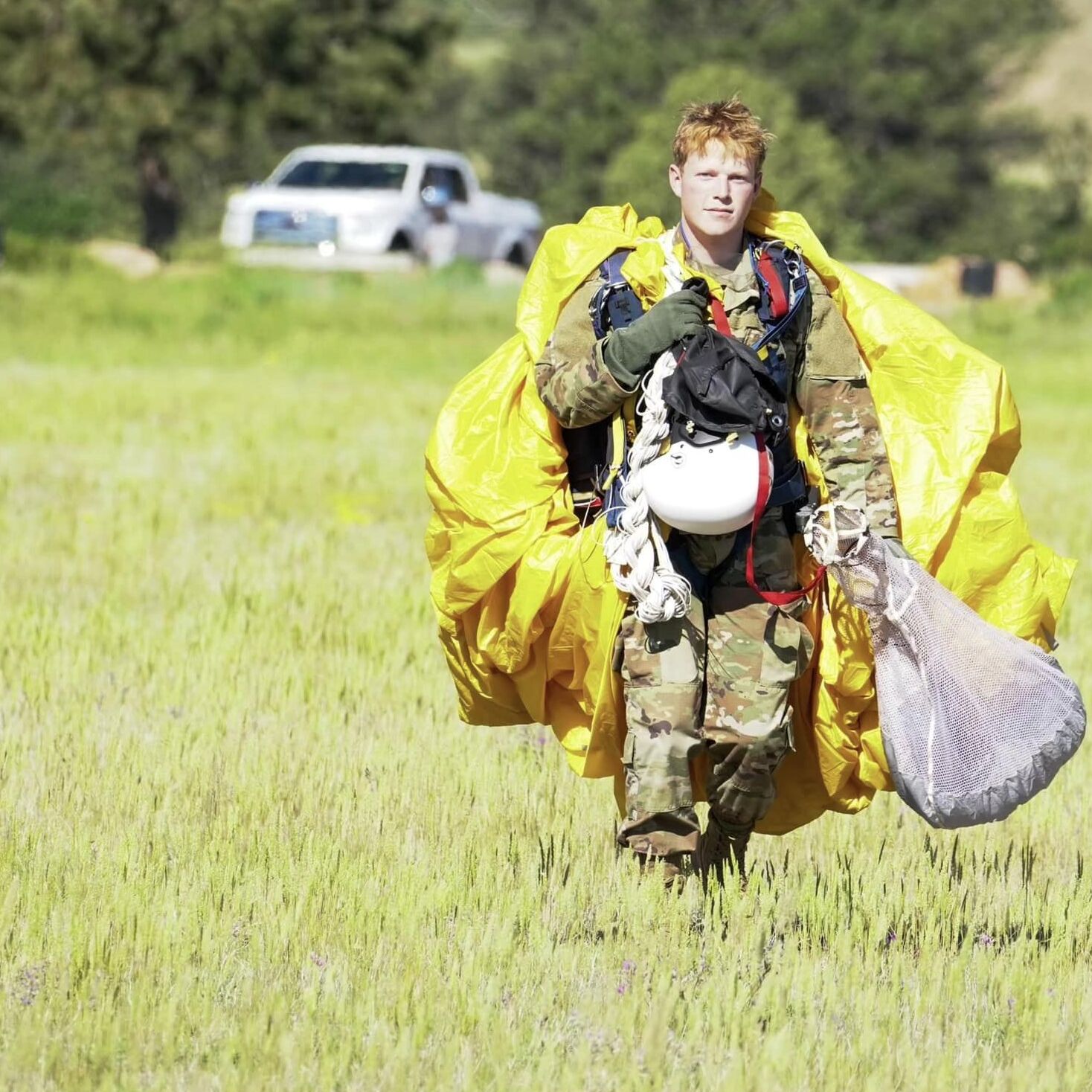
Project Global Officer (ProjectGO)
Project GO is a nationwide program open to all qualified ROTC students offering fully funded opportunities in critical language education, overseas study, and cross-cultural experience. Through Project GO, future military officers develop linguistic and cross-cultural communication skills required for effective leadership for all Services in the 21st century operational environment.
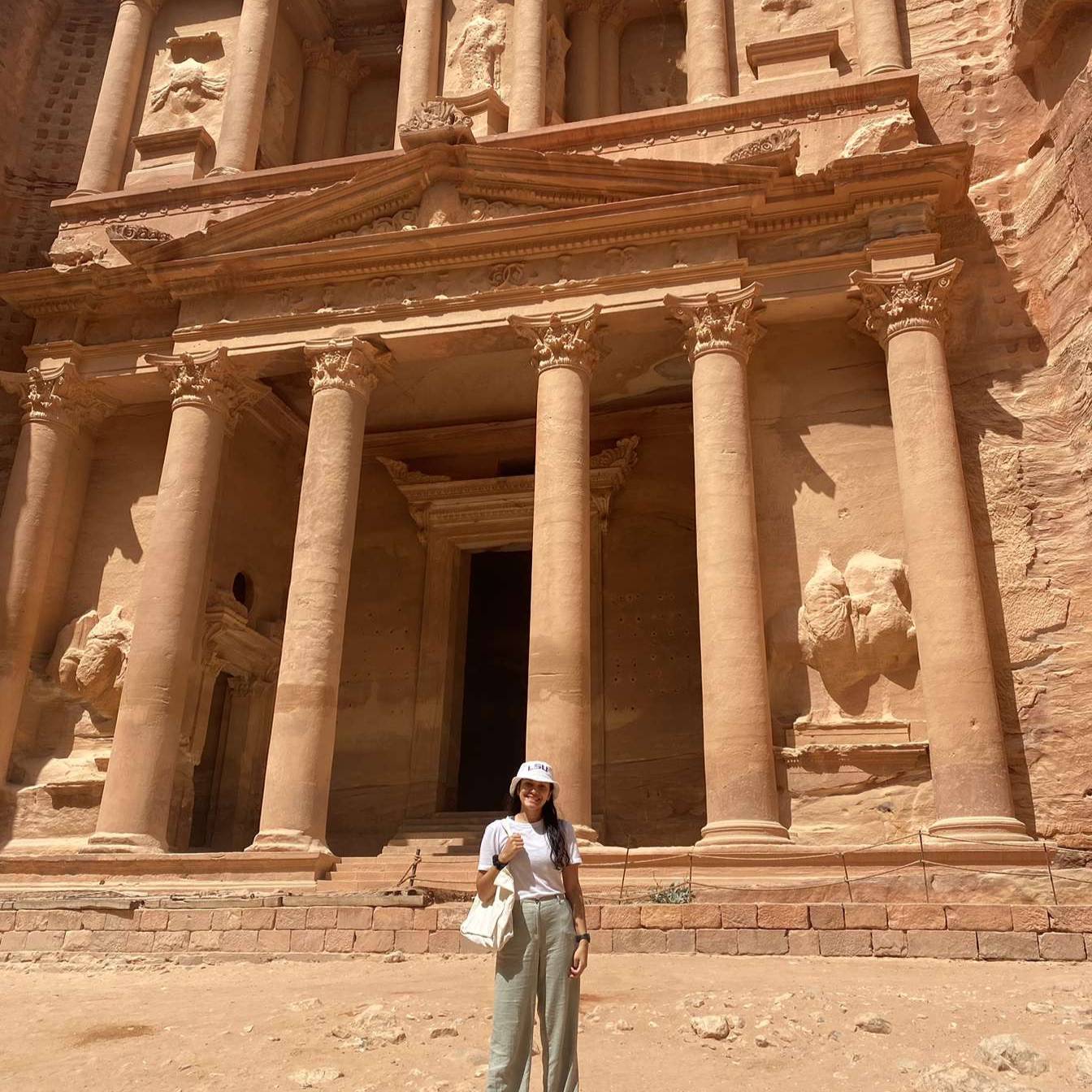
Soaring (SOAR)
Soaring is a fifteen-day program designed to give cadets the opportunity to experience the basic fundamental of flight in nonpowered glider operations. Cadets receive instruction in basic flight through ground school and actual flight, leading up to and possibly including cadet solo. The majority of instruction is conducted by upper class USAFA cadets trained as soaring instructors. The program assumes that cadets have no previous flight experience, and there are no special medical requirements. Training is conducted at the US Air Force Academy in Colorado Springs, Colorado.
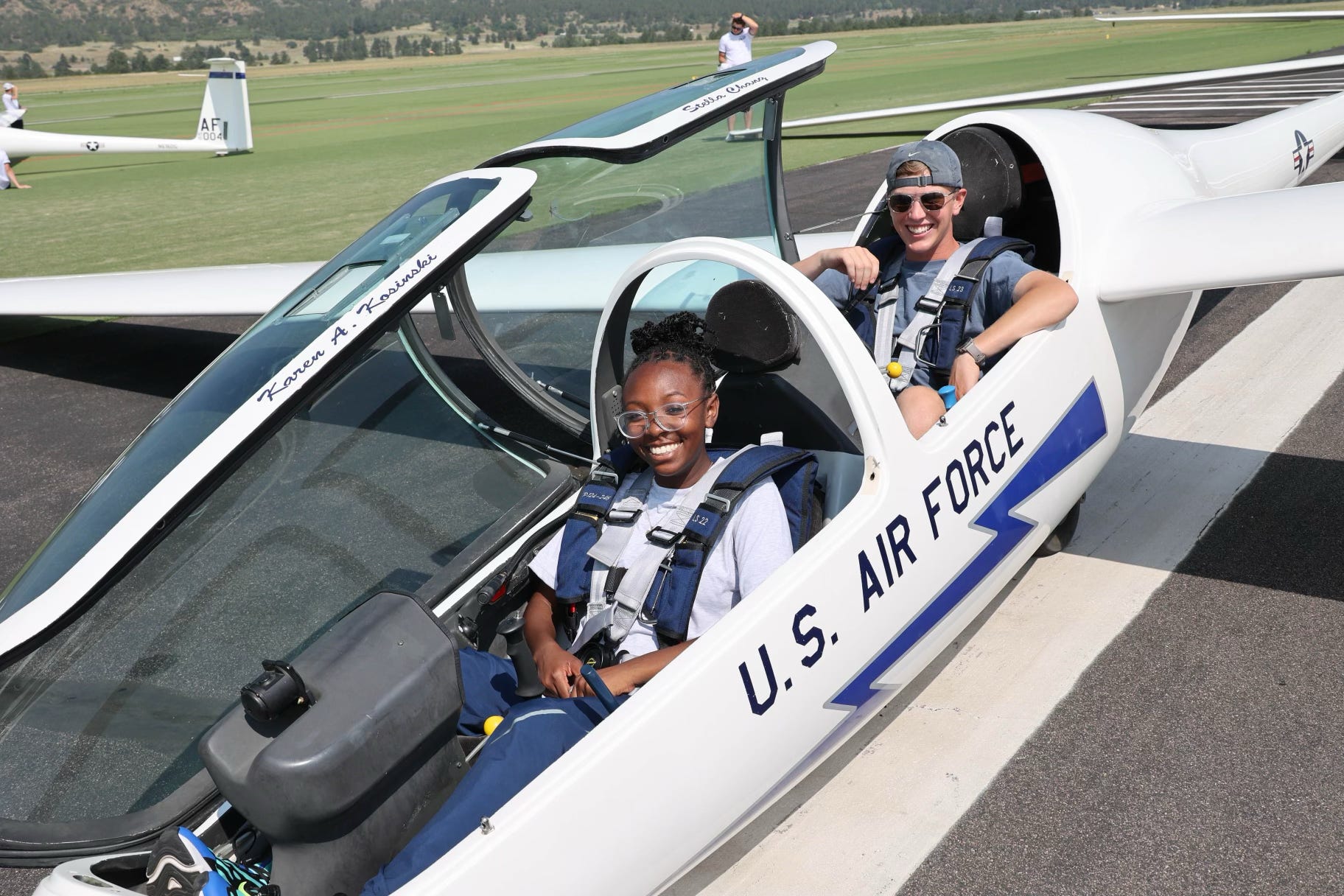
Operation Air Force (OPS AF)
Operation Air Force makes up a large percentage of PDT assignments. Training is conducted at various Air Force installations throughout the United States and overseas. OPS AF consists of three weeks of general orientation and shadowing junior officers and noncommissioned officers. Cadet availability dates, detachment location, and the number of cadets each base can support play a significant role in the assignment process. Note: Cadets are not assigned to a specific career field. The primary objective is to give cadets a greater understanding of the Air Force and exposure to multiple career fields.
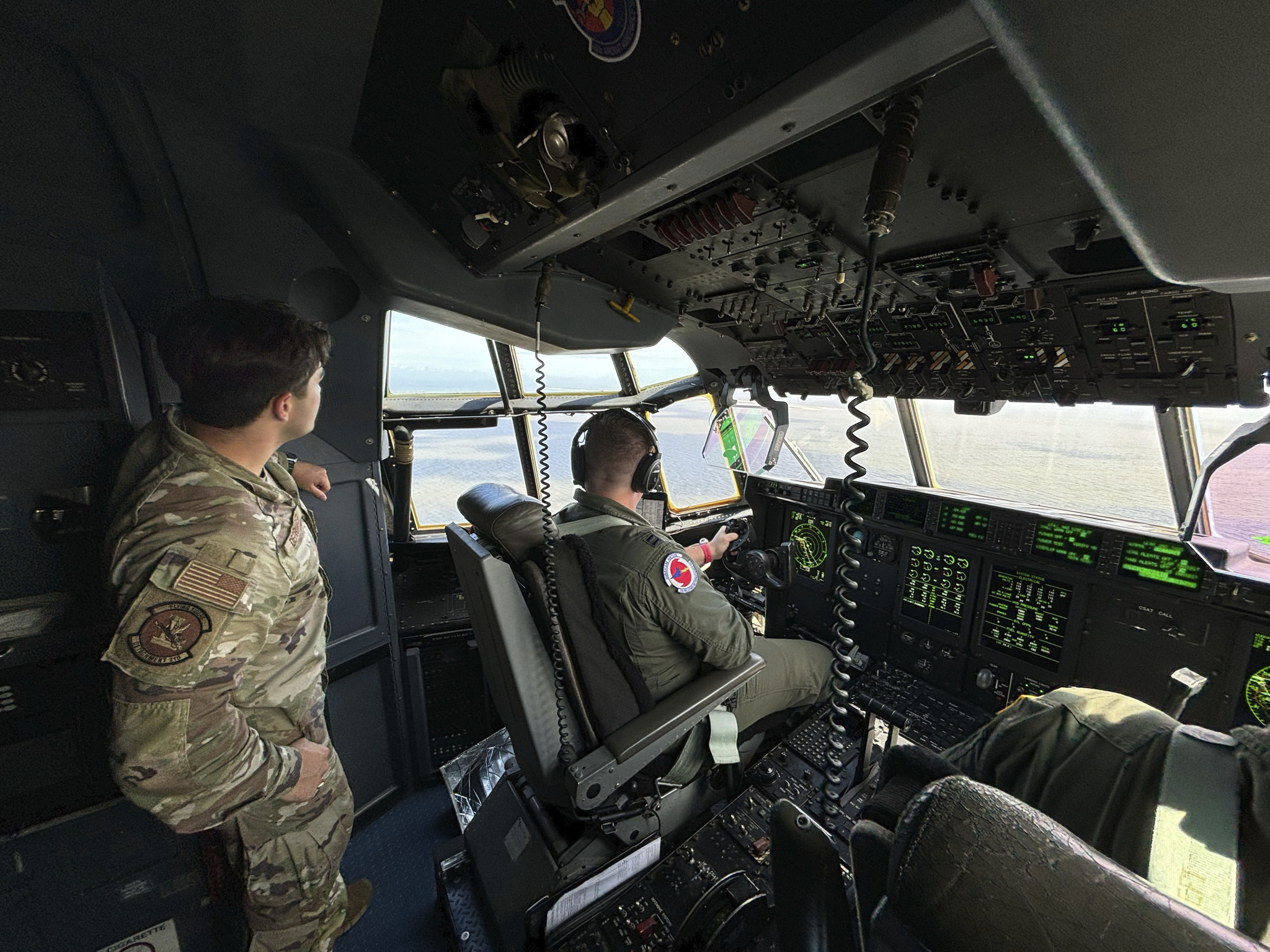
Combat Survival Training
Combat Survival Training teaches its students about field medical care, food collection and preparation, recovery aircraft signaling and navigation essentials for survival. The program is led by Survival, Evasion, Resistance and Escape (SERE) specialists and cadet cadre at Jacks Valley and Kettle Lakes at the Academy and Fort Carson’s Pinon Canyon Maneuver Site over the course of 21 days.
